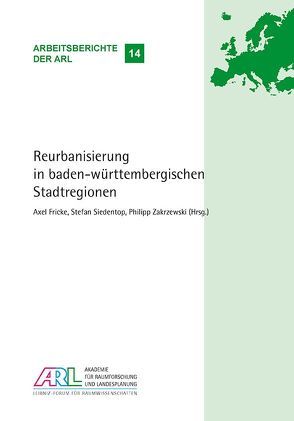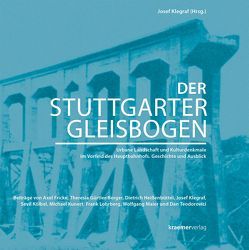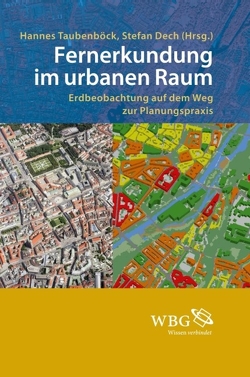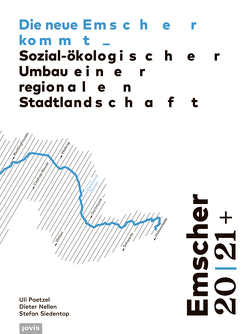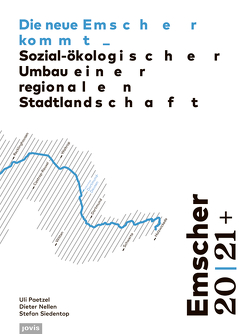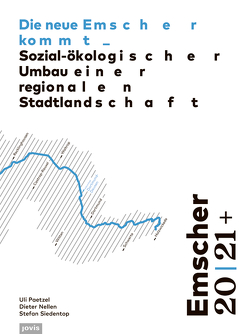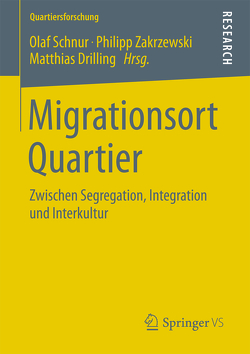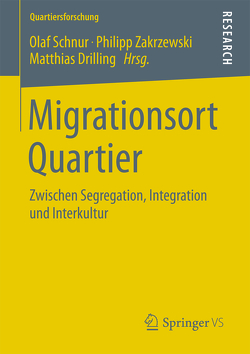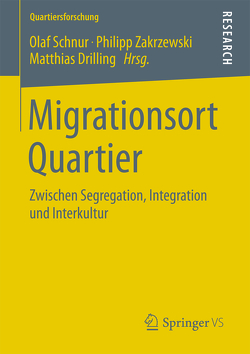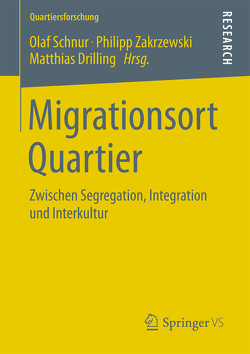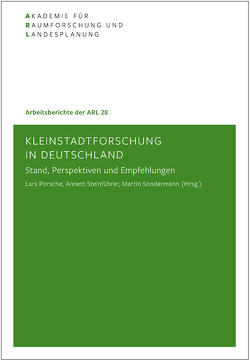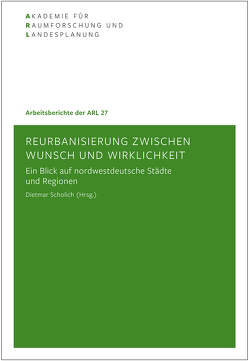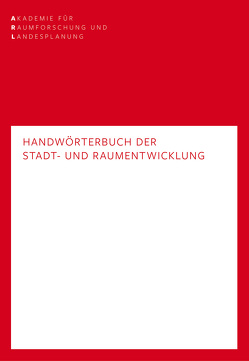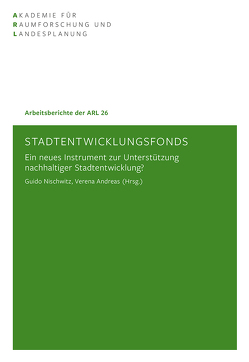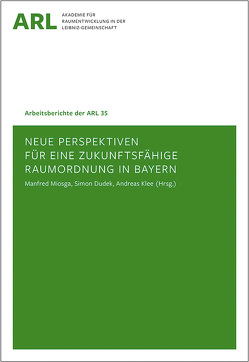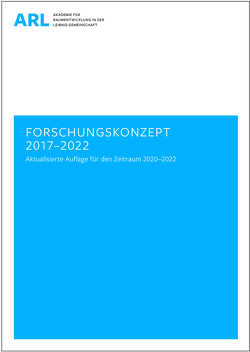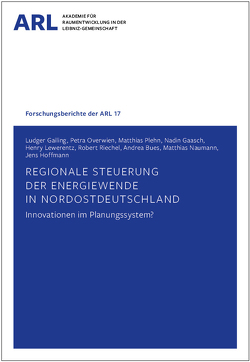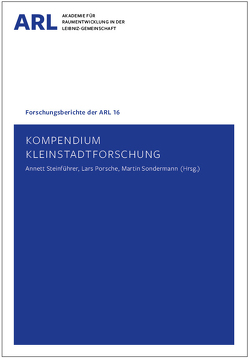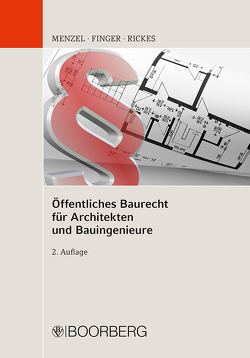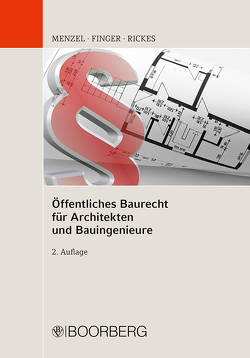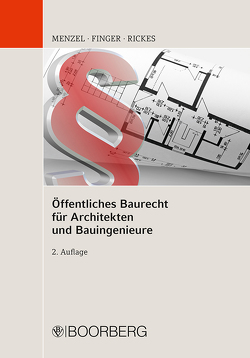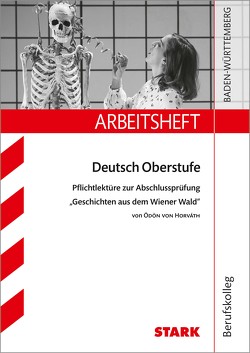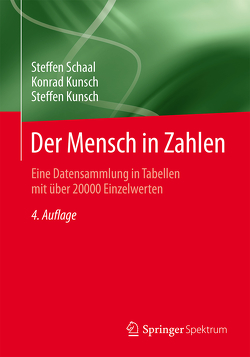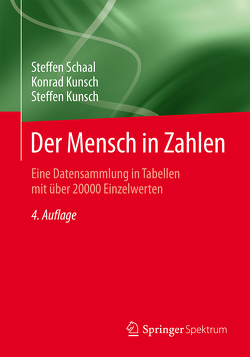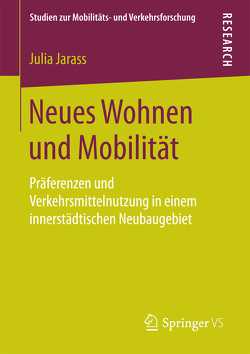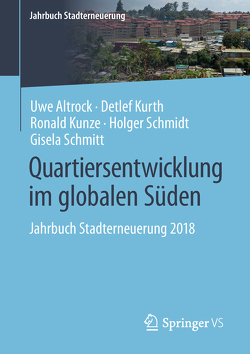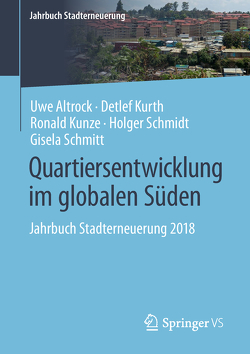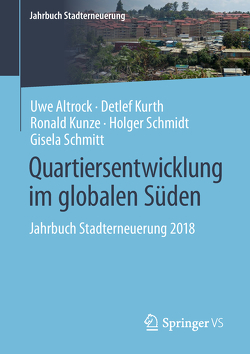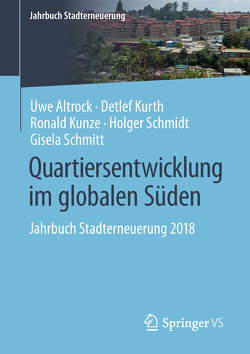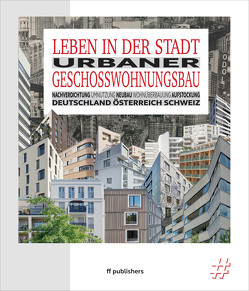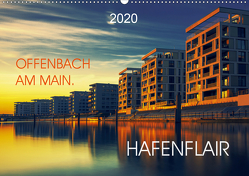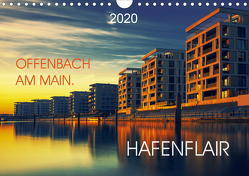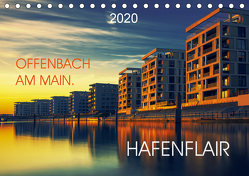Reurbanisierung in baden-württembergischen Stadtregionen
Axel Fricke, Stefan Siedentop, Philipp Zakrzewski
Re-urbanization in urban regions of Baden-Württemberg
In Baden-Württemberg, as in Germany as a whole and indeed in numerous western industrialized countries, it is possible to demonstrate a demographic trend towards a concentration of population in the metropolitan regions. In the urban regions of Baden- Württemberg suburbanization as a progress of intra-regional de-concentration has lost much of its momentum, and has in places actually been reversed to cause „reurbanization“. Lively debate has been conducted about the reasons behind and the longevity of this phenomenon. Thus it has been claimed that the current re-urbanization trend is a temporary effect caused by specific constellations of demography and education policy. Other commentators, however, view re-urbanization as the result of a socio-economic structural transformation and thus as a new enduring phase of urban development. Further uncertainties exist about the evidence-based assessment of the effects of re-urbanization and appropriate policy responses. This is the background against which this volume addresses the issue of evaluating current processes of demographic development in Germany and Baden-Württemberg and using the evaluation to formulate a spatial planning and urban development policy position. Which population groups and what types of migration define the re-urbanization trend? To what extent have re-urbanization processes proved persistent? What planning strategies and concepts are already being pursued in the cities of Baden-Württemberg? Which medium- and long-term challenges are emerging for urban planning and policy? These and further questions related to the topic of re-urbanization in Baden-Württemberg are addressed by authors from academia and practice.
